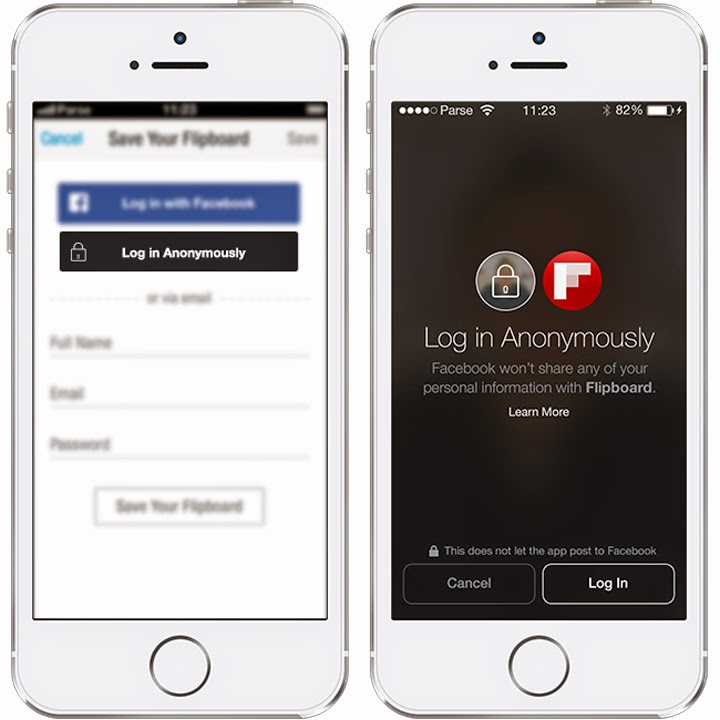Facebook for business announced today that 30 million small business Pages have a business page on their platform worldwide.
Additionally nearly two-thirds of these business owners –19 million– are actively managing their Pages via mobile. this is a testament to the growing importance of a mobile marketing presence.
To Celebrate we made a new upgrade on the New Cover image that you can find it here. You can also download it here as psd.
Find more about us on yoconta.com.
Additionally nearly two-thirds of these business owners –19 million– are actively managing their Pages via mobile. this is a testament to the growing importance of a mobile marketing presence.
To Celebrate we made a new upgrade on the New Cover image that you can find it here. You can also download it here as psd.
Find more about us on yoconta.com.












